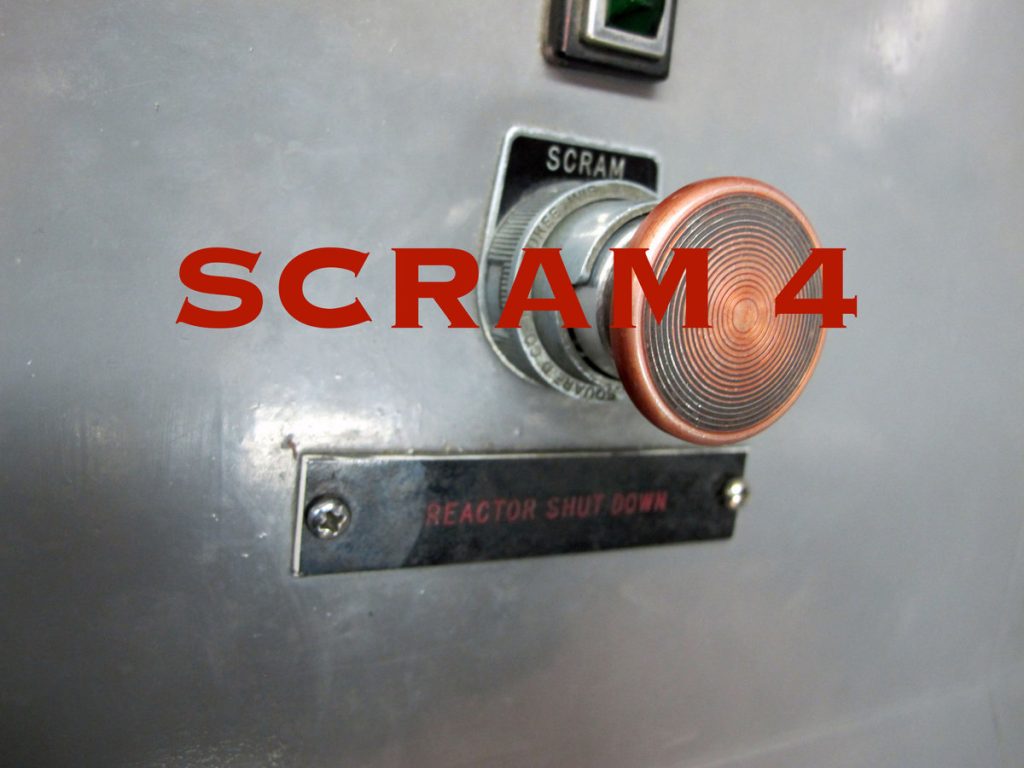Emma Ruth Rundle has always been a multifaceted musician, equally capable of dreamy abstraction (as heard on her debut album Electric Guitar: One), maximalist textural explorations, and the classic acoustic guitar singer-songwriter tradition (exemplified by Some Heavy Ocean). But on Engine of Hell, Rundle focuses on an instrument that she left behind in her early twenties when she began playing in bands: the piano. In combination with her voice, the piano playing on Engine of Hell creates a kind of intimacy, as if we’re sitting beside Rundle on the bench, or perhaps even playing the songs ourselves. “I really wanted to capture imperfection and the vulnerability of my humanity,” Rundle says of the album’s sonic approach. “In some small way, there is this tiny punk rock feel of ‘well, fuck this perfect, polished, produced, and rehearsed thing that we are so pressured to do. Here are some very personal songs; here are my memories; here is me teetering on the very edge of sanity dipping my toe into the outer reaches of space and I’m taking you with me and it’s very fucked up and imperfect.’”
The instrument of Rundle’s childhood is the perfect vehicle for an album that is essentially a collection of memories from her youth, though one doesn’t need to dig too deep to realize Engine of Hell isn’t some saccharin nostalgia trip. A gentle melancholy piano line introduces album opener “Return,” and when Rundle finally sings, every syllable guided with the utmost intention, she unleashes the ominously cryptic opening lines “A rich belief that no one sees you / Your ribbon cut from all the fates and / Some hound of Hell looking for handouts / The breath between things no one says.” The ambiguity may obscure the muse, but it doesn’t diminish its heaviness. However, as the album progresses, it becomes apparent that Engine of Hell is more memoir than pure poetry. By the next song—the soft-spoken acoustic guitar ballad “Blooms of Oblivion”—we’ve been given more explicit details. “Down at the methadone clinic we waited / hoping to take home your cure / The curdling cowards, the crackle of china / you say that it’s making you pure.” It gets even heavier on Engine of Hell’s third song “Body,” where Rundle recounts a childhood memory of seeing a deceased family member wheeled away by strangers.
The memories and their accompanying songs aren’t always steeped in grief. “Dancing Man” is one of the most delicate and somber songs on the album, with its sleepy cadence and hushed delivery giving it a distinctly dream-like quality. Yet the song serves a positive purpose: it chronicles a cherished memory of Rundle dancing with a friend—an experience she returns to in dark moments when she needs the reminder of “perfect days with this perfect love that exists in a space which can never be taken away from me, can never be ruined, can never be changed.”
Engine of Hell’s definitive statement comes with the final song “In My Afterlife.” The verses find Rundle singing about passing on against a drape of sparsely arranged minor chords on the piano. But the somber tone turns redemptive on the choruses, where the melody shifts to a major key, and Rundle seems to bask in the possibilities of coming untethered to the past. “I’ve been living in a state of dissociation for so long,” Rundle reflects, “and that’s what gave birth to this particular song. Once all the songs for the album were done I realized ‘In My Afterlife’ was what the album is actually about. For me this album is the end of an era to the end of a decade of making records. Things DO have to change and have changed for me since I finished recording it.” In essence, Engine of Hell signifies a major turning point for Emma Ruth Rundle as both an artist and as a person. The catharsis of this type of songwriting has effectively served its purpose, and to continue ruminating on the past going forward is less of a healing process and more like picking at a scab and refusing to let it heal. This may help explain why Rundle is less than enthusiastic about divulging the details about her muses, but it doesn’t alter the fact that these songs served a purpose in their creation, and that they may continue to bring comfort to others.
Engine of Hell is a potent album, and it may prove too emotionally overwhelming for fans of a more anodyne brand of songwriting. But for anyone that’s endured trauma and grief, there’s a beautiful solace in hearing Emma Ruth Rundle articulate and humanize that particular type of pain not only with her words, but with that particular mysterious language of melody and timbre.





